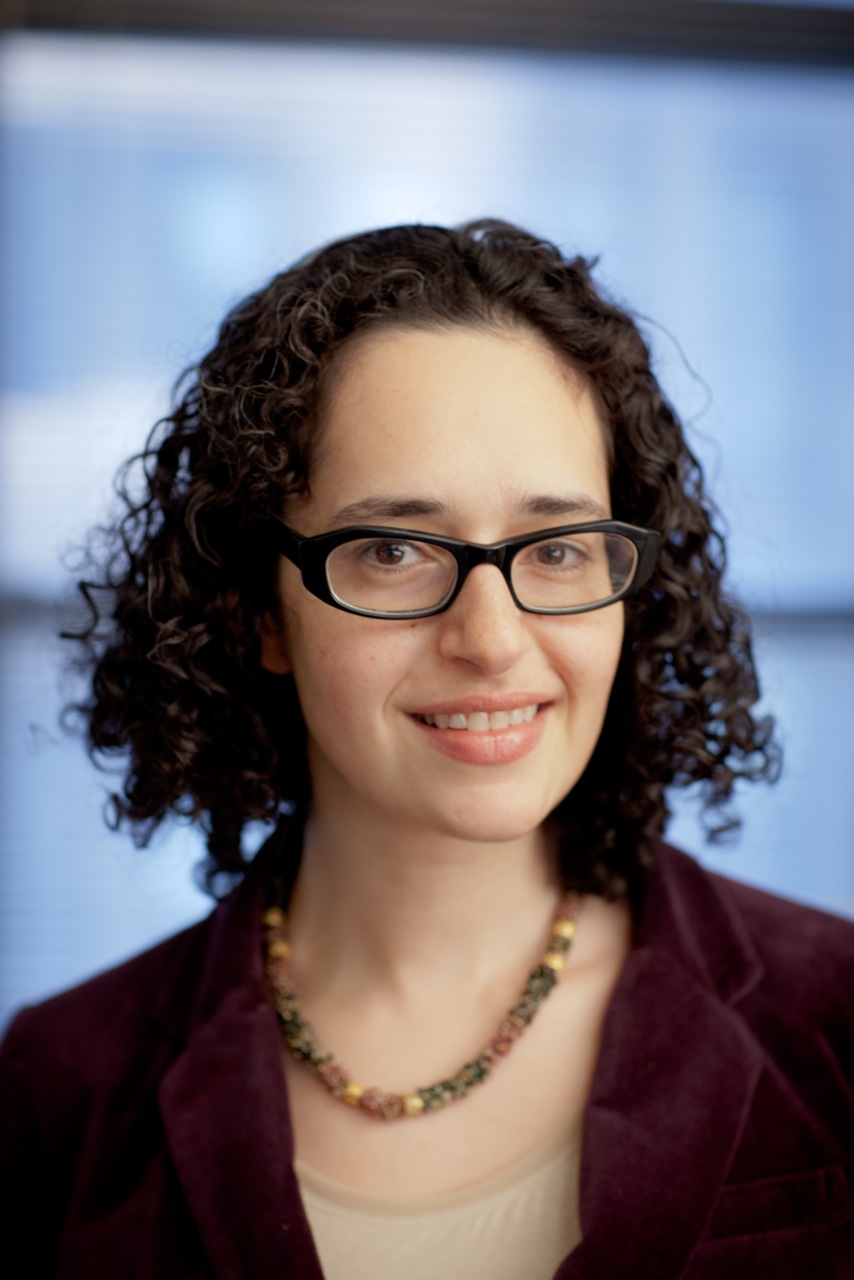In the struggle for human rights, it is hard not to feel like a tiny grasshopper scratching at the massive walls of injustice we face all around us. There are so many people who are suffering, so many systems that are deeply broken; there is so much work to do.
In parshat Shlach Lecha, God instructs Moses to send scouts to investigate the land they are being promised. Moses sends twelve spies, one from each of the ancestral tribes, to investigate the land. He tells them to “see what kind of country it is. Are the people who dwell in it strong or weak, few or many? Is the country in which they dwell good or bad? Are the towns they live in open or fortified? Is the soil rich or poor? Is it wooded or not? ” (Numbers 13:18-20) Moses’ detailed checklist of inquiry sets the scouts up for a close investigation, but also a dichotomous one. The landscape they are scouting must be all good or all bad. His additional instruction to “take pains to bring back some of the fruit of the land” ensures that the spies will engage with the bounty of the land, but it does not counteract the expectation of a yes or no analysis of the landscape. In fact, the fruit they carried home did not sweeten their impression of the land they had explored. They returned terrified and despairing. “The country that we traversed and scouted is one that devours its inhabitants. All the people we saw in it are men of great size… we looked like grasshoppers to ourselves. And so we must have looked to them.” (Numbers 13:32-33) They quickly stir the Israelites into a frenzy of familiar despair. “If only we had died in the Land of Egypt, the whole community shouted at them.” (Numbers 14:2)
While the rabbis excoriate the scouts for what they deemed a slanderous report belying their lack of faith and commitment, I have a lot of compassion for their overwhelming fear and their profound sense of their own smallness. When we, as activists, take stock of a landscape we wish to transform, we must take in both the possibilities and the very real challenges. To work toward the reform of mass incarceration in this country, for instance, is to confront an enormous system steeped in generations of racism with deeply engrained systems of violence and human rights abuses. Are we not like grasshoppers dwarfed by this towering edifice?
In the midrash, God expresses compassion for the scouts’ reaction, while providing an important critique. It is one thing to say ‘we looked like grasshoppers to ourselves.’ “But how dare you say ‘so we must have looked to them?!’ How do you know how I made you look to them? Perhaps you appeared as angels?” (Numbers Rabbah 13:11) Our sense of powerlessness in the face of huge obstacles is certainly understandable. But it must not paralyze us to the point of disengaging altogether. To give in to despair is to deny the presence of God in our world. It is to deny the possibility of hope and of change.
In the parsha, only Caleb and Joshua offer a different narrative, one that rejects the dichotomy in assessing the landscape and chooses hope. “The land that we traversed and scouted is an exceedingly good land… Have no fear of the people of the country, we will battle them; their protection has departed from them but the Eternal is with us. Have no fear of them.” (Numbers 14:7-9) They are not saying that there is nothing to fear, but they can be afraid and hopeful at the same time. They are entreating the Israelites to choose hope and faith over fear. They are asking them to act as if they feel God’s presence with them –only then will they overcome the very real obstacles and taste the sweetness of the land.
Encountering activists who are working through their fear and despair to create real change reminds me of the presence of God in our midst. Changemakers like Maya Schenwar (http://www.mayaschenwar.com/locked-down-locked-out) working to expose the violence that the prison system inflicts on families and on our society—and to transform it–can teach each of us how to be Joshua and Caleb. My we each find the strength and the hope to see the possibility of change in our national landscape, and may we work together to taste that sweetness in our time.
Rabbi Ayelet S. Cohen is Director of The Center for Jewish Living and The David H. Sonabend Center for Israel at the JCC in Manhattan. She is Co-Chair of the T”ruah Board.


